China’s financing and investment spread across 61 BRI countries in 2023 (up...
2024-02-27 31 英文报告下载
The ability of an individual to one day enter a enter lab, research institute, or corporate boardroom is impacted by government investments and regulations, societal norms, and access to opportunities that can either promote or limit that individual’s potential. In China’s domestic context, urban-rural inequities in education and mobility, policies that restrict and repress ethnic minorities, and evolving social norms represent several key constraints on China’s ability to fully tap into national talent. URBAN-RURAL INEQUALITY Inequality between urban and rural populations in China presents a critical challenge to the country’s economic productivity and opportunities to develop human capital.
As wages rise and Beijing promotes higher-value industries Figure 1: U.S. and China 2050 Population Pyramids that require high-skilled workers, China could face major issues of structural unemployment for low-skilled workers concentrated in rural areas. Other countries that have escaped the “middle-income trap,” such as Taiwan and South Korea, tended to have higher levels of secondary education that helped transition the workforce from manufacturing to higher-value-added work. In China, low high school graduation rates, pervasive early childhood development challenges, and urban-rural divides codifed in regulations such as the hukou system could limit the country’s transition to a high-skilled workforce.9 EARLY CHILDHOOD DEVELOPMENT While discussions of human capital may frst conjure images of PhD graduates or high-skilled tech workers, a growing feld of academic study recognizes that human capital cultivation begins in childhood.

标签: 英文报告下载
相关文章
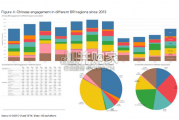
China’s financing and investment spread across 61 BRI countries in 2023 (up...
2024-02-27 31 英文报告下载

Though the risk of AI leading to catastrophe or human extinction had...
2024-02-26 51 英文报告下载
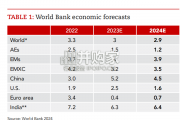
Focusing on the prospects for 2024, global growth is likely to come i...
2024-02-21 96 英文报告下载
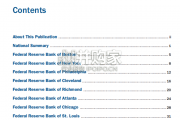
Economic activity declined slightly on average, employment was roughly flat...
2024-02-07 67 英文报告下载
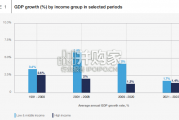
Economic growth can be defned as an increase in the quantity or quali...
2024-02-06 82 英文报告下载
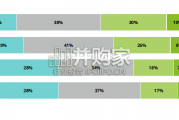
In this initial quarterly survey, 41% of leaders reported their organizatio...
2024-02-05 66 英文报告下载
最新留言